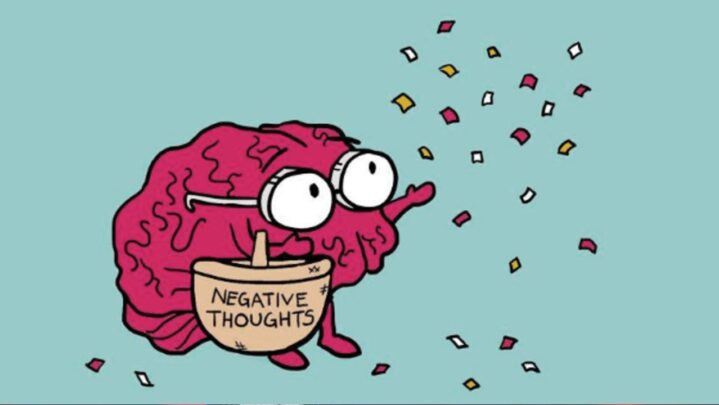Science demonstrates the benefits of positive thinking for mental health, stress reduction, and even cardiovascular health, but many of us are conditioned to think negatively. Let’s investigate how negativity affects mental health while considering how to break the loop.
When you study your thoughts, it might be difficult to distinguish between normal anxieties that everyone experiences and negative thinking. It’s common to experience sadness after a distressing occurrence, just as we all occasionally worry about our financial situation or our interpersonal relationships.
Not everyone who thinks negatively does so out of habit; similarly, not everyone who suffers from a mental disorder constantly thinks negatively. However, negative thinking may be harmful to your mental well-being and quality of life, especially if you are unable to quit.
Below Are The Causes of Negative Thinking?
1.Dread of the future: People frequently feel uncertain about the future and fear the unknown. This frequently results in “catastrophizing,” which is the practice of perpetually projecting failure and catastrophe. Regardless of your perspective, worrying about the future is a waste of time and effort.
2.Nervousness about the present: It makes sense to be anxious about the present. Many of us are concerned about our reputation, how well we are performing at work, and the level of traffic on our way home.
3.Shame on the past: Have you ever stayed up all night worried over a mistake you made last week or even last year? Everyone makes errors and says things they regret, but negative people are more likely to focus on their previous failures and mistakes than others.
Source: Healthy place





